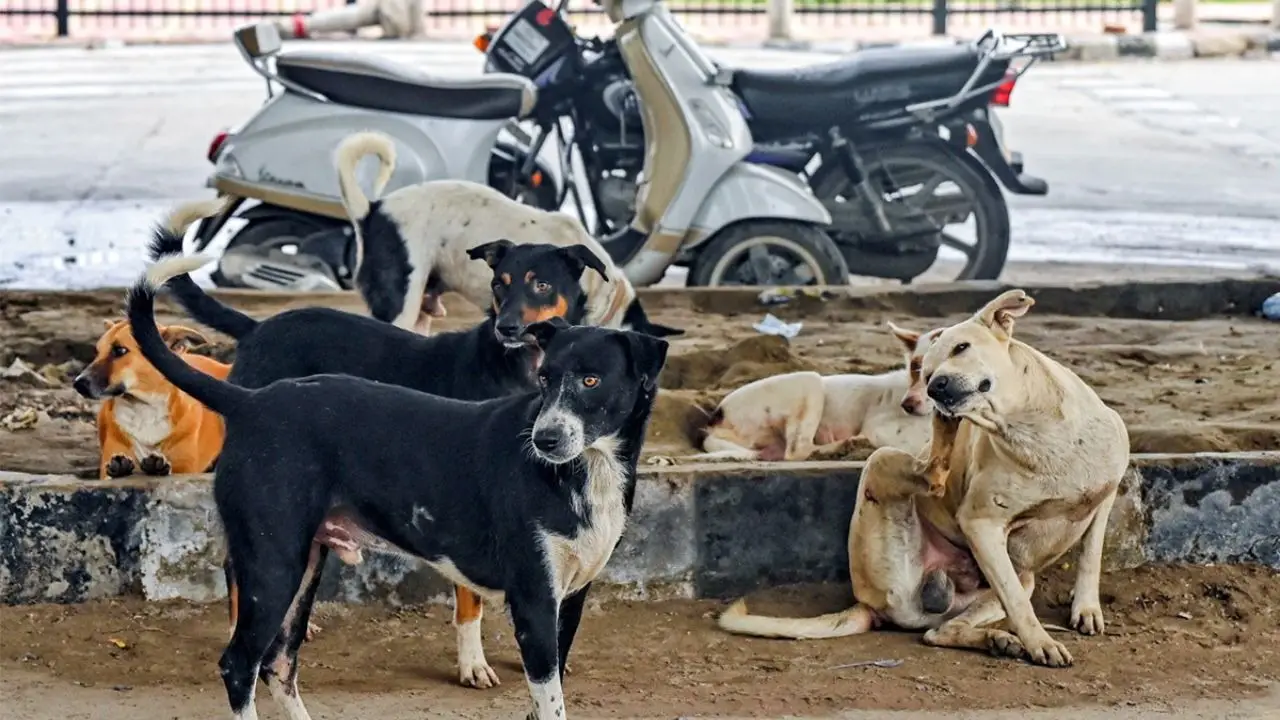Copyright republicworld

Srinagar, Oct 31: Jammu and Kashmir is grappling with a growing public health and civic safety crisis as dog bite cases continue to surge across the Union Territory. More than 2.12 lakh incidents have been reported since 2022, averaging nearly 150 cases daily, according to official data shared in the Legislative Assembly.Chief Minister Omar Abdullah, responding to a query by National Conference MLA Mubarak Gul, revealed that 98,470 cases were reported from the Jammu division and 1,14,498 from the Kashmir division.Jammu district topped the list with 54,889 cases, followed by Srinagar with 36,406. Anantnag and Baramulla districts also reported high numbers, while Shopian recorded the lowest with 1,357 cases.Also Read: NSA Ajit Doval Calls for Reinventing Sardar Patel’s Vision In Era Of AIAs per the data available, from June 2023 to September 2025, 48,998 stray dogs were sterilized and vaccinated. Srinagar Municipal Corporation (SMC) led the effort with 27,237 procedures, followed by Jammu Municipal Corporation with 13,730. Other municipal committees in the Jammu region conducted 7,870.However, in Srinagar’s old city, residents say early morning walks and late evening commutes have become risky.“We carry sticks when stepping out at dawn. The dogs move in packs and chase anyone on foot or two-wheelers,” said Ghulam Nabi, a shopkeeper in Nowhatta. In uptown areas like Hyderpora and Rajbagh, parents escort children to school fearing attacks. “My son was bitten outside our gate last year. We spent days in the hospital,” said Farah Qadri, a mother of two.At SMHS Hospital in Srinagar, doctors say the demand for anti-rabies vaccines has doubled. “We treat dozens of cases weekly, many involving children. The trauma is physical and psychological,” said a senior emergency physician.“We are doing our best, but the pace of sterilization is slower than the rate of reproduction. Public cooperation is also essential,” said an SMC officer while wishing anonymity.The government said two Animal Birth Control (ABC) centres are operational in Srinagar, with a third under construction. Land identification for new centers is underway in nine districts of Kashmir, with sites already earmarked in Baramulla, Kulgam, and Sumbal.However, Animal rights activists argue that the issue requires a humane and coordinated approach.“Sterilization is critical, but we also need better waste management. Stray dogs thrive near garbage dumps and slaughterhouse waste,” said Dr. Javed Ahmed Shah, a veterinarian working with a local NGO.“We’ve filed complaints, attended awareness drives, but the dogs are still here. It’s not just a nuisance; it’s a threat,” said Bashir Lone, a retired teacher from south Kashmir’s Anantnag.As the crisis escalates, citizens are demanding faster sterilization, better coordination between municipal bodies and health departments and stronger public awareness campaigns.“For many, the issue is no longer about stray animals alone, it’s about reclaiming safe streets, protecting children, and restoring confidence in civic governance,” added Lone



